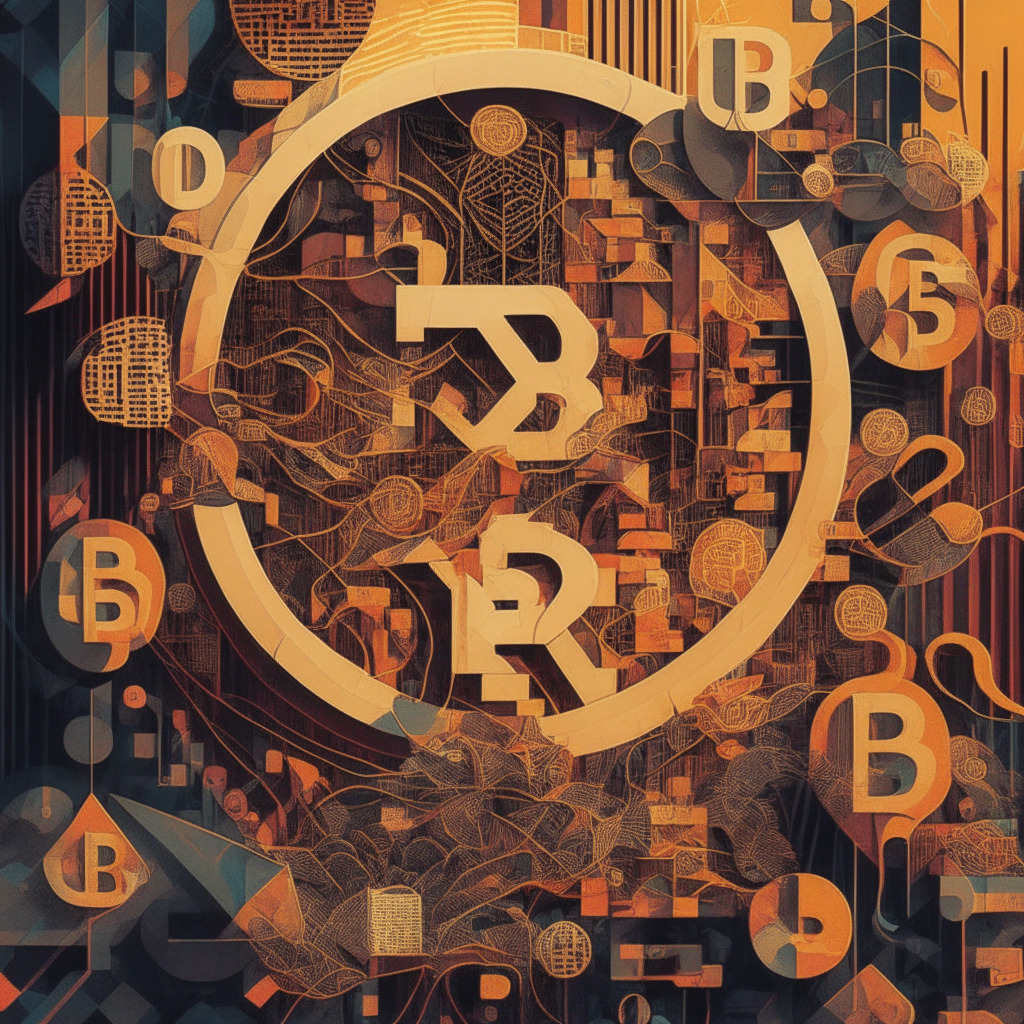The US Department of Justice’s (DOJ) national cryptocurrency enforcement team (NCET) aims to crack down on bad players in the crypto market, as declared on May 15th. The appointment of Eun Young Choi as director of the cryptocurrency enforcement team signals a shift in focus for the DOJ, with intentions to target cryptocurrency exchanges, mixers, and DeFi platforms that either willingly or unwittingly commit offenses such as money laundering.
As the scale of cryptocurrency crimes has risen significantly over the past few years, the DOJ hopes to send a deterrent message to crypto entities that evade anti-money laundering regulations or client identification rules. Furthermore, they want to ensure robust compliance, cybersecurity, and risk mitigation procedures are in place. This crackdown comes after the New York State Department of Financial Services (NYDS) increased its own efforts against crypto firms failing to meet these standards. Notably, the DOJ also seeks to clamp down on thefts and hacks within the DeFi space, particularly those involving chain bridges.
Investor losses from DeFi attacks have multiplied in recent times, with billions of US dollars at stake. The Biden Administration’s stance on cryptocurrency has been one of the toughest globally, with regulatory bodies like the US SEC intensifying their scrutiny of crypto exchanges in the wake of the FTX crisis. Several high-profile exchanges, including Binance and Coinbase, have found themselves targeted. Binance’s CEO, known as “CZ,” was charged by the US CFTC for violating commodities laws and non-compliance of rules.
As a result of the rising regulatory crackdown, some crypto firms have opted to exit the US entirely. Breaking news indicates that the SEC may be close to taking enforcement action against Binance or its US subsidiary. Despite these moves towards tighter regulation, there are still those who believe in the potential for cryptocurrency’s growth. A Bloomberg report has predicted that Bitcoin (BTC) is set for a $35,000 valuation as it becomes a preferred asset over the US dollar.
In summary, the US DOJ’s intensified efforts to tackle bad actors in the cryptocurrency market can be seen as both positive and negative, depending on one’s perspective. On one hand, stricter regulation may help to weed out criminals or suspicious activity, promoting a safer market for investors. On the other hand, some argue that increasing regulations might drive innovation away and result in fewer opportunities for the growth and development of the cryptocurrency sector.
Source: Coingape




